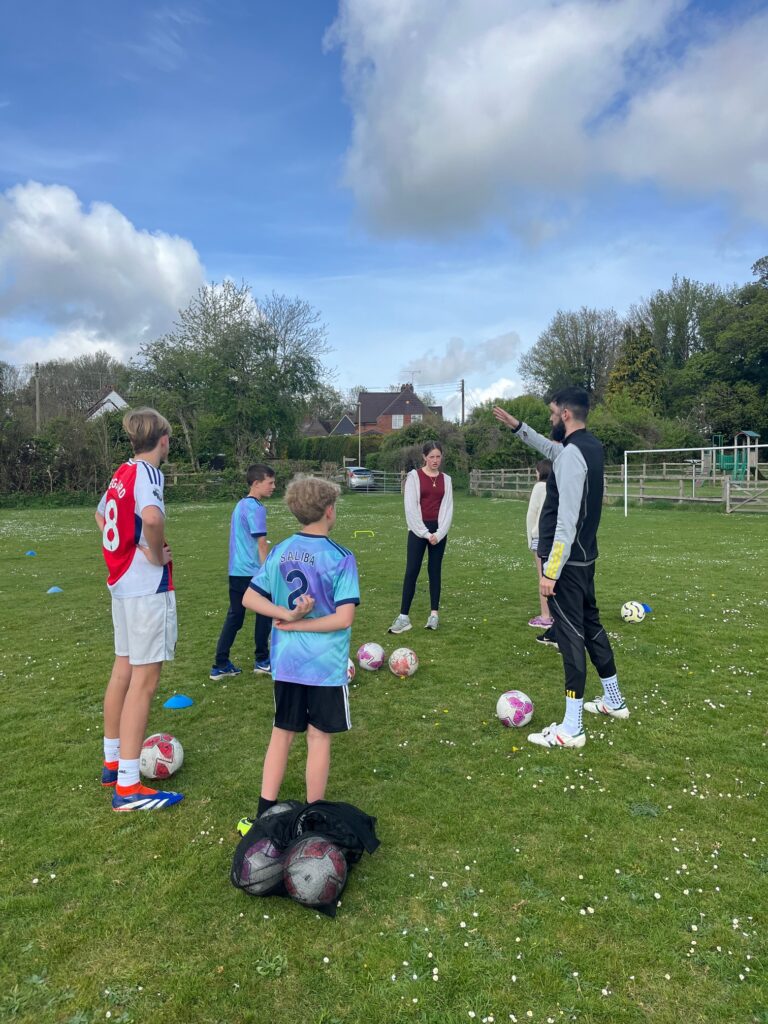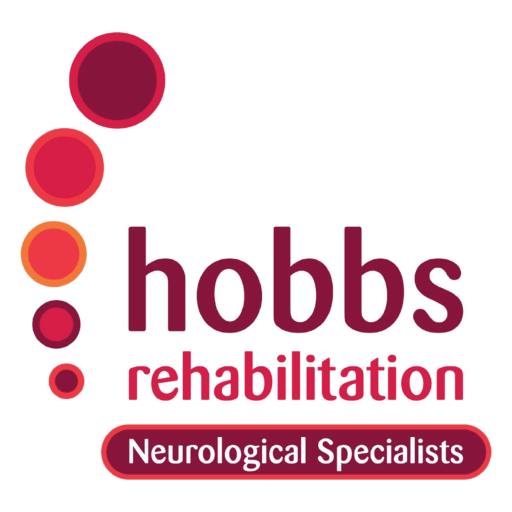“Now I feel more appreciative of my life and I’m hoping to make it a great one.”
Prior to his accident, Adam had moved from England to Bahrain, a small Arab state on the Persian Gulf. He had settled out there to work as a football coach, having played semi-professionally and coached at academy-level already in the UK. Working in Bahrain was a refreshing opportunity for Adam to advance his coaching career and explore a completely different and unique culture. Alongside his coaching, he never missed the chance to compete in football, playing for the local 11 v 11 football club with his friends.
Despite being in a country thousands of miles away, Adam was often on videocall or the phone with his family back in England, catching up on all the latest news. He especially loved chatting with all his nieces and nephews, and enjoyed talking to them about his life in Bahrain.
However, Adam’s circumstances shifted suddenly when he was unexpectedly involved in a collision with a car while he was walking. The day of this accident was the day before Adam was due to fly back to Bahrain, having been in the UK to spend time with his family and watch a match from his favourite football team. The accident caused immediate serious injuries, including a shattered skull, three brain bleeds, and a completely broken right-leg. Adam was rushed into hospital from the scene with a traumatic brain injury diagnosis, and was left in a month-long coma.
Despite receiving full attention from the hospital team, Adam was left with a drastically changed life due to the severity of his injuries. His traumatic brain injury and broken right-leg affected him both cognitively and physically. He was unable to independently walk, and found the process of retraining this ability challenging and tiresome. “It took a long time to regain my walking ability and be comfortable on my own again.” The accident also left a profound effect on his mental health; he felt uncomfortable and less secure in his ability to move around, resulting in a deterioration of confidence and independence.
Due to this, Adam joined Hobbs Rehabilitation Winchester in March 2025, where he received a personalised treatment plan made up of a multidisciplinary approach of physiotherapy, speech and language therapy, and clinical neuropsychology.
Adam’s main goals were centred around returning to his established career in football coaching. Being mindful of taking small steps at a time, his goals considered initially returning to football coaching within the UK, where he could be supported by both our specialist neurological rehabilitation therapists as well as his family, but with a longer-term aim of resuming work in Bahrain.
His therapy, both in the clinic and community settings, focused on supporting these goals by addressing key areas such as improving delivery of verbal instructions, managing cognitive fatigue, building core strength, managing pain, and navigating the psychosocial challenges associated with regaining independence and professional capability.
In his physiotherapy sessions, his main focus was on agility, balance and strengthening exercises to help regain his ability prior to his injury. As Adam previously played semi-professional football, and had the goal to return to playing, his treatment sessions were based on the requirements of football, working on coordination of Adam’s feet, the ability to complete quick and sudden movement changes, and practicing football skills.


The specialist neurological physiotherapists often used Blazepods (innovative technology devices for retraining reflexes and reactions) in their sessions with Adam. These were a brilliant addition to the hands-on holistic therapy because they brought out his competitive nature, keeping him motivated to engage his cognitive thinking and physical ability. The interactive quick movements from the Blazepods replicated real-world reactions that Adam experienced while playing football, such as defending the goal or dribbling the ball around other players.
In Speech and Language Therapy (SLT), our therapists focussed on improving his insight and awareness of the cognitive communication difficulties that were impacting his day-to-day life. It was important to keep Adam motivated and engaged in therapy so they explored creative approaches such as watching football match clips with follow-up Q&A-style conversations.
The SLT team also organised a really exciting community session for Adam which involved him planning and delivering a football coaching session for a group of young children. He had worked really hard to devise the session content, improve his verbal delivery and time-management of the session, and be able to physically manage the demands of it. His dedication, and the support from the team, led to a truly successful hour-long coaching session in the local recreational park. Adam himself was incredibly pleased with his achievement, and told the children how happy he was to be back doing something he loved after so long. They gave him positive feedback too and really enjoyed his coaching!
“Following a traumatic brain injury, our patient had some mild to moderate cognitive communication difficulties. Speech and Language Therapy aimed to improve his attention, planning and delivery of a coaching session and for him to rebuild his confidence and identity” – Chrissie Elworthy, Neurological Speech and Language Therapist at Hobbs Rehabilitation
With the support from the multidisciplinary team at Winchester, and his own determination to achieve his main goals he had set, Adam has made significant progress, successfully returning back to football coaching in the UK. He is currently volunteering as a sports coach for young children and is so glad to continue his dream. Adam continues to receive neuropsychological support, recognising the ongoing importance of this input in supporting his continued recovery and long-term goals.
“Now I feel more appreciative of my life and I’m hoping to make it a great one, not just for me either.” – Adam
